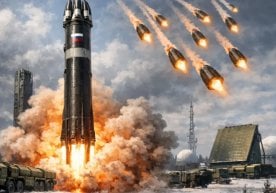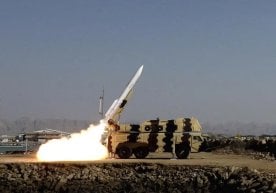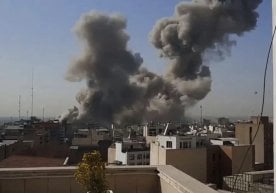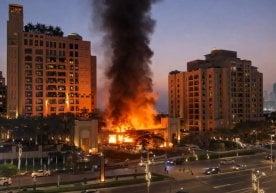The European Union unanimously adopted the 19th package of sanctions against Russia
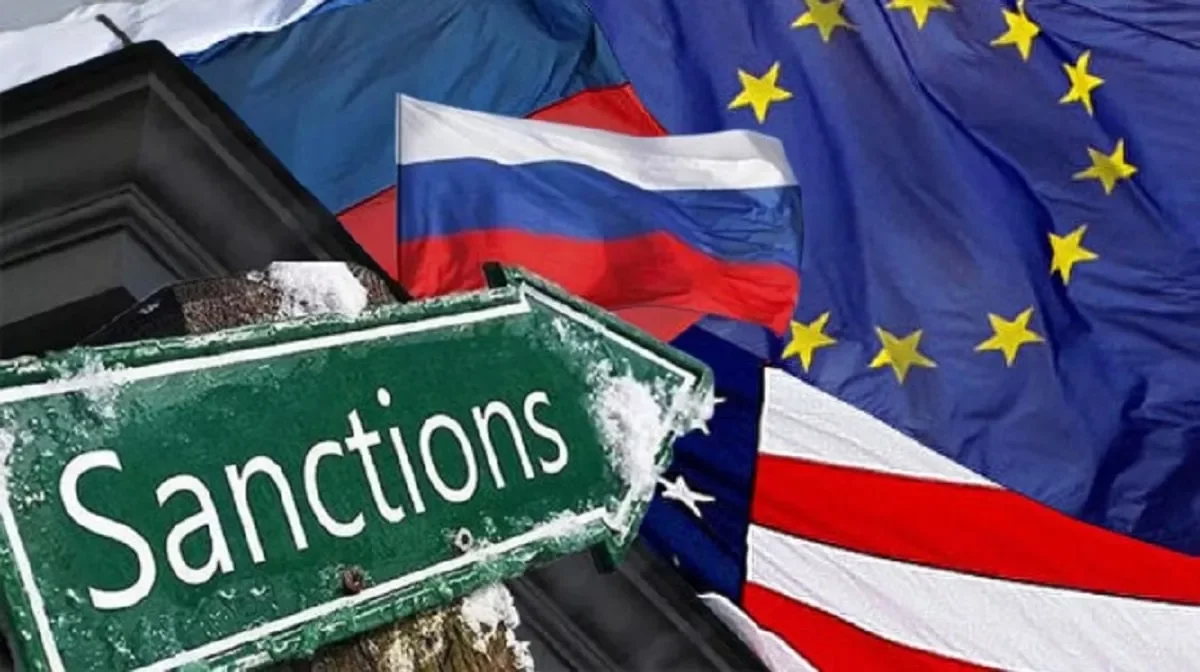
European Union countries have approved the next - the 19th package of sanctions against Russia, which is accused of being an aggressor in the military conflict in Ukraine. This decision was made on the eve of the European Council meeting in Brussels on October 22, Reuters reported, citing an official statement from the Danish government.
"We are pleased that all EU member states have reached a resolution on the 19th sanctions package and agreed to withdraw their objections. The process of formal confirmation in writing has begun. If there is no objection, the package will be accepted until 8:00 tomorrow," the statement said.
Sources in Brussels reported that the restrictions against Moscow were unanimously approved. Slovakia was the last to withdraw the resistance, while Austria had previously stated it would not block the package. Thus, the European Union decided to intensify economic and political pressure on Russia.
It turned out that Hungarian Prime Minister Viktor Orban arrived late to the meeting and gave his vote to Slovak Prime Minister Robert Fico.
The European Commission prepared the 19th package in mid-September, which outlined serious restrictions on the energy sector. In particular, from January 1, 2027, it is planned to completely ban the import of liquefied natural gas (LNG) from Russia. The list of Russian-owned vessels, known as the "shadow fleet," will also be expanded.
The new sanctions will apply not only to Moscow companies, but also to third countries and their firms trading bypassing Russian energy resources. This especially applies to operations carried out through cryptocurrency.
The package is expected to ban any transactions with Rosneft and Gazprom Neft and further lower the price cap for Russian oil. Through this, the European Union aims to keep energy exports, which are the main source of the Russian economy, under pressure.
During the EU discussion, a proposal to restrict the issuance of tourist Schengen visas to Russian citizens was also considered, but in the end, visa restrictions were not included in the list.
Thus, the European Union has taken another important step in its long-term policy of pressure on Russia through new sanctions. According to experts, this decision is a serious signal for Moscow not only from an economic but also from a political point of view.
Read “Zamin” on Telegram!














